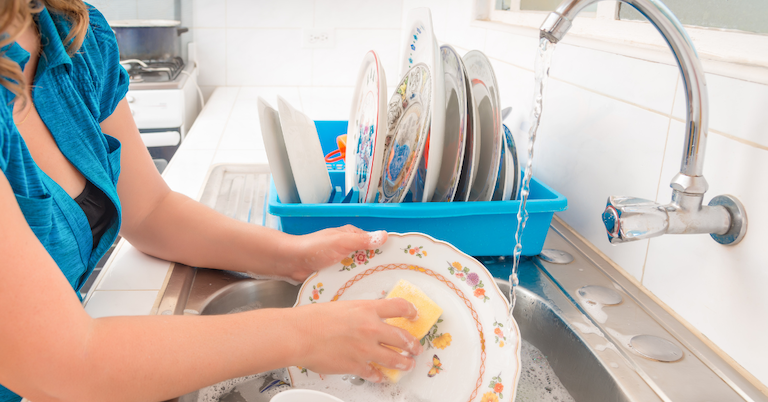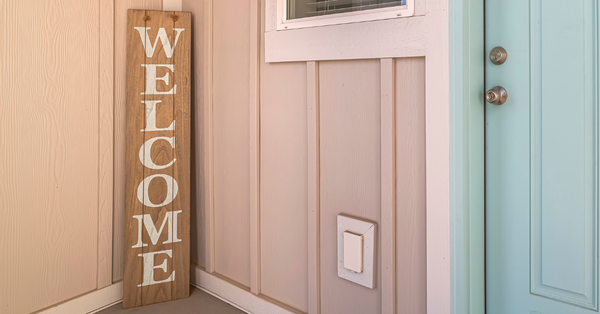Unlike other water-related items in your home, the kitchen sink sees more daily usage. You use it for washing dirty dishes, disposing of food and cleaning fruits or vegetables. Thus, it plays an essential role in your cleaning practices. However, you may need to replace it at some point during your ownership of the home.
If you notice or experience the following issue, it may be time to replace your kitchen sink:
1. Frequent Need For Repairs
A kitchen sink will wear away more quickly with more traffic, and it can even clog or leak. This is normal. However, it would be best to keep track of the number of repairs you’ve had every year. Once or twice can be okay, but if you keep calling your local plumber for help, it’s time to get a new kitchen sink.
Even though it’s normal to repair your kitchen sinks, frequent repairs can eventually increase your costs. Besides, it can mean additional costs for water damage repairs and water bills for leaks. Getting a new sink can help avoid these costs, saving you money.
2. Extensive Leaks And Decreased Water Pressure
Leaks under the sink can cause significant damage to your cabinet floor and sub-flooring. If the cabinet floor is made of wood, you might have to replace it altogether. These leaks can also cause mold growth and a musty smell in your home. Mold can cause health problems, and you may experience mild skin or eye irritations. Therefore, it would be best to change your sink when you notice extensive leakage.
The optimum recommended water pressure for kitchen sinks is about 50 psi. The water industry considers this pressure level efficient for the kitchen’s various functions. Yet over time, you may notice a decrease in pressure. Even though it could be due to a clogged drain or defective valve, it can also mean your sink is getting old. You can call your local plumber to eliminate these other causes. If you’re still experiencing low water pressure, it’s time to replace your kitchen sink.
3.Different Kitchen Style And Design
Depending on the age of the property, you might want to remodel your home or kitchen during your course of ownership. If your remodel project affects the kitchen area, older kitchen features can look out of place. Such changes can also make your kitchen sink seem too small, too large or out of place considering the new design. It's best to explore different types of kitchen sinks and change your kitchen sink to fit the latest kitchen design trends to compliment any broader remodel project.
4. Don't Meet All Your Needs
Most kitchen sink fittings follow your previous or current needs. But what about your future needs? Suppose you have a small family. You don’t need a big space for washing dishes or carrying out your food preparation.
However, as your family grows, you might realize that the same function becomes a tedious process. Thus, your sink needs replacing to accommodate your current requirements. This can help reduce breakages and water spills on the floor.
5. Significant Rust, Stains, And Damage
Your kitchen requires good hygiene practices. Hence, all surfaces in your kitchen area should be easy to clean. In addition, these surfaces shouldn’t increase the risk of cross-contamination, including the kitchen sink.
For example, a cracked kitchen sink can be challenging to clean as these cracks can quickly become breeding places for germs. Likewise, some cracks on metallic sink materials can cause cuts, so once you notice your sink has significant damage, it’s vital to replace it.
Furthermore, stains and rust can build up over time due to mineral deposits and soap scum. Thus, it can create an unsightly appearance in your kitchen sink. If stains build up under the sink, it might mean your sink leaks frequently. This can encourage the growth of mold that can damage other parts of the cabinet. You can scrub off the stains and have your kitchen sink checked. However, it may be time for kitchen sink replacement if it’s a persistent issue.
Conclusion
You may not consider the importance of a good sink, but never dismiss its convenience to a kitchen. Your household’s health can also depend on the status of your sink’s hygiene. Refer to the signs here to know when to replace your kitchen sink.
Quality kitchen sinks can last several years, but the material and usage may determine their rate of wear and tear. Yet several factors can also determine when to change your kitchen sink.






